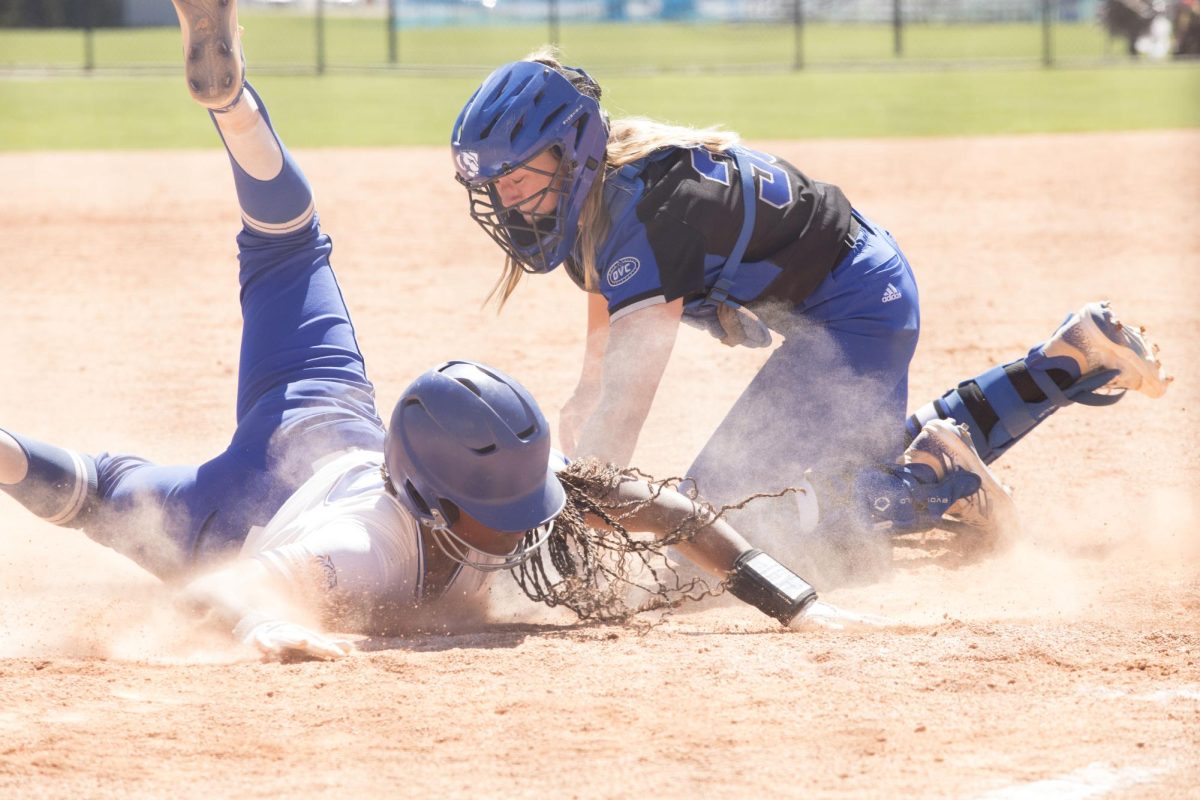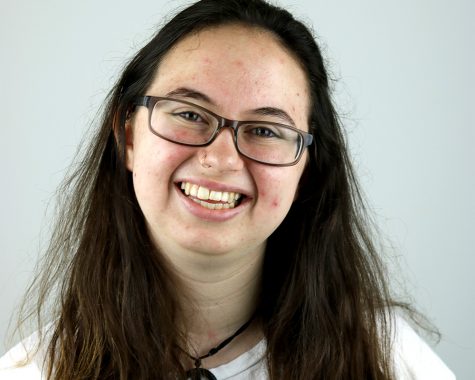CAA approves accelerated graduate courses
November 10, 2017
A plan for introducing accelerated graduate programs into different departments on campus was brought up during Thursday’s Council on Academic Affairs meeting.
Ryan Hendrickson, dean of the graduate school, was present at the meeting to explain why he thinks an accelerated graduate program would fit into Eastern’s goals.
“Eastern does not have accelerated programs, and many other universities do, so we feel like we need to be responsive and move forward,” Hendrickson said. “One of the most exciting things about this proposal is that it fits so closely with our mission, which is to increase accessibility to graduate studies.”
An accelerated graduate program would allow undergraduate students to take graduate-level classes before receiving their degree.
The classes would not count toward a master’s degree until the student was accepted into the graduate school after receiving their bachelor’s degree.
The proposal that was presented is just the beginning of a plan to include accelerated courses throughout campus, Hendrickson said.
“We’re just laying out a general pathway here,” he said. “If this is approved, this would then go on to graduate coordinators, graduate program readers, who’d determine their own unique pathways for graduate studies in their own programs. This just sets some standards.”
There was some confusion in the proposal itself about how billing would work, but Hendrickson said it would be undergraduate tuition rate, plus any graduate fees that may come from the individual graduate classes.
There were some concerns from the School of Business and Applied Sciences about how this might affect its differential tuition program.
Provost Jay Gatrell said for an accelerated program specifically, the differential tuition might have to be waived.
The proposal was unanimously approved.
Hendrickson said his hope is to be able to offer accelerated programs by fall 2018.
Pre-engineering program coordinator Douglas Brandt shared his review of the bachelor’s in engineering cooperative over the past couple of years.
The engineering cooperative is a dual-degree program. Eastern is in a partnership with the University of Illinois Urbana-Champaign and Southern Illinois University-Carbondale. Three years of the program are spent at Eastern and two years are spent elsewhere, resulting in a double bachelor’s degree.
There is a shortage of engineers in the United States, so Brandt said students tend to do very well after transferring to finish the degree and in the world after college.
Even though the pre-engineering program is short on faculty, Brandt said the students in the program tend to do well and achieve outside of Eastern.
“I think (it is) a testament to Eastern overall, and, probably because we have a small class size, we really teach people rather than lecture to them,” he said.
The bachelor’s in health promotion was updated to require Human Diseases as a course for graduation and to add different electives to the program.
A special education course, The Education of Individuals with Exceptional Learning Needs: Access to the General Curriculum, changed from course number 3500 to course number 4500 to make sure students have all the tools they needed to succeed in the class before they are required to take it.
The medieval studies minor was changed to the premodern global studies minor to better use what faculty the medieval studies program has in it, as many faculty members have left over the past couple of years.
All of these proposals were unanimously approved.
Brooke Schwartz can be reached at 581-2812 or [email protected].


















































